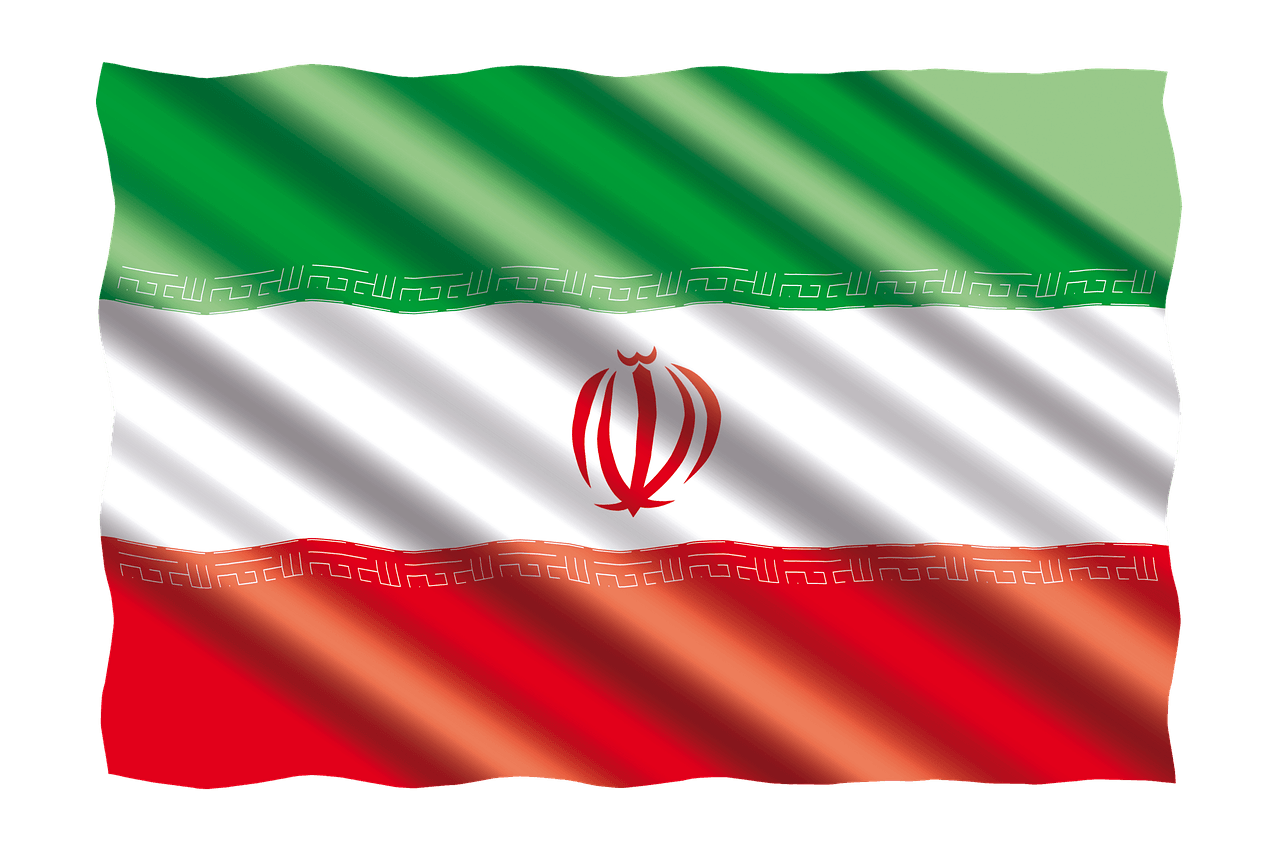U.S. sanctions against Iran took effect this morning, and — in spite of U.S. Secretary of State Mike Pompeo‘s insistence that the Trump administration’s strategy will make Iran behave “like a normal country” — former Obama foreign policy advisor and leading global strategy expert Dr. Parag Khanna says the U.S. should temper its expectations.
According to Dr. Khanna:
- It would be wrong-minded to assume that the U.S. sanctions against Iran will result in more leverage over Tehran than they have in the past, especially given that America’s main European allies and most of Asia aren’t playing along;
- Iran has been hard at work developing countermeasures against deteriorating balance of payment conditions and plummeting currencies. The new Iranian cabinet has put in place a number of technocrats who will oversee stronger industrial supports for sectors ranging from agriculture to automotive to energy;
Q3 hedge fund letters, conference, scoops etc
- Meanwhile, EU members including Britain, France, and Germany, along with China and Russia, have announced plans to continue to abide by the agreement and help businesses sidestep U.S. sanctions via "special purpose vehicle";
- Sanctions watchers should be mindful not to presume that all shifts in Iran's oil output or other economic indicators are solely due to sanctions. A great deal of energy front-loading has taken place with the sale of oil and gas to Asian customers in recent months;
- There are also swap arrangements agreed between Iran, Russia, Turkmenistan and others that help keep Iranian resources on the global markets. Furthermore, the far more important reality of continued inbound investment into Iran from Russia, China, South Korea and other countries provides currency that props up the system;
- India’s completion of phase one of Chabahar port in Iran underscores how Asian powers such as India want to leverage Iran’s opening to access its energy resources and have alternative routes to reach Afghanistan -- and for Afghanistan to reach international markets besides via Pakistan.
More about Parag:
Dr. Parag Khanna is a leading global strategy advisor and Founder and Managing Partner of FutureMap, a data and scenario based strategic advisory firm. Khanna also served as global policy advisor to President Barack Obama's campaign. From 2013-2018 he was a Senior Research Fellow in the Centre on Asia and Globalisation at the Lee Kuan Yew School of Public Policy at the National University of Singapore. From 2006-2015 he was a Senior Research Fellow at the New America Foundation. During 2007 he served in Iraq and Afghanistan as a senior geopolitical adviser to United States Special Operations Forces. Dr. Khanna holds a PhD from the London School of Economics, and Bachelors and Masters degrees from the School of Foreign Service at Georgetown University. He is a Young Global Leader of the World Economic Forum and bestselling author of a trilogy of books on the future of world order and the forthcoming The Future is Asian: Commerce, Conflict & Culture in the 21st Century.





